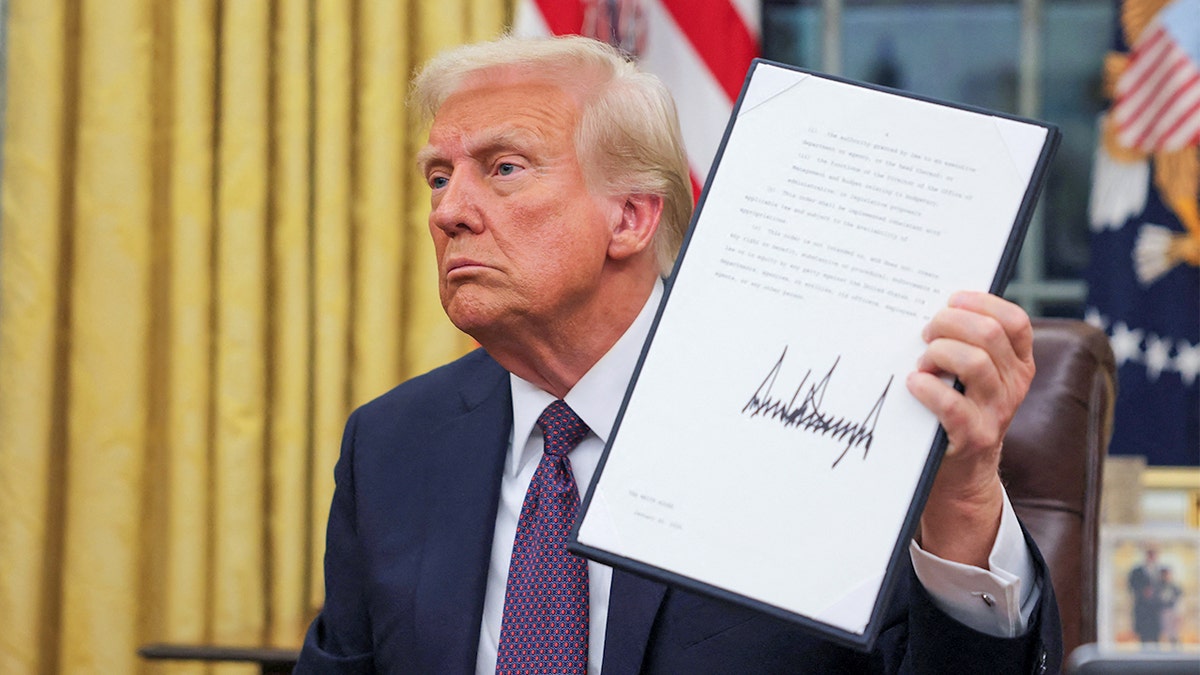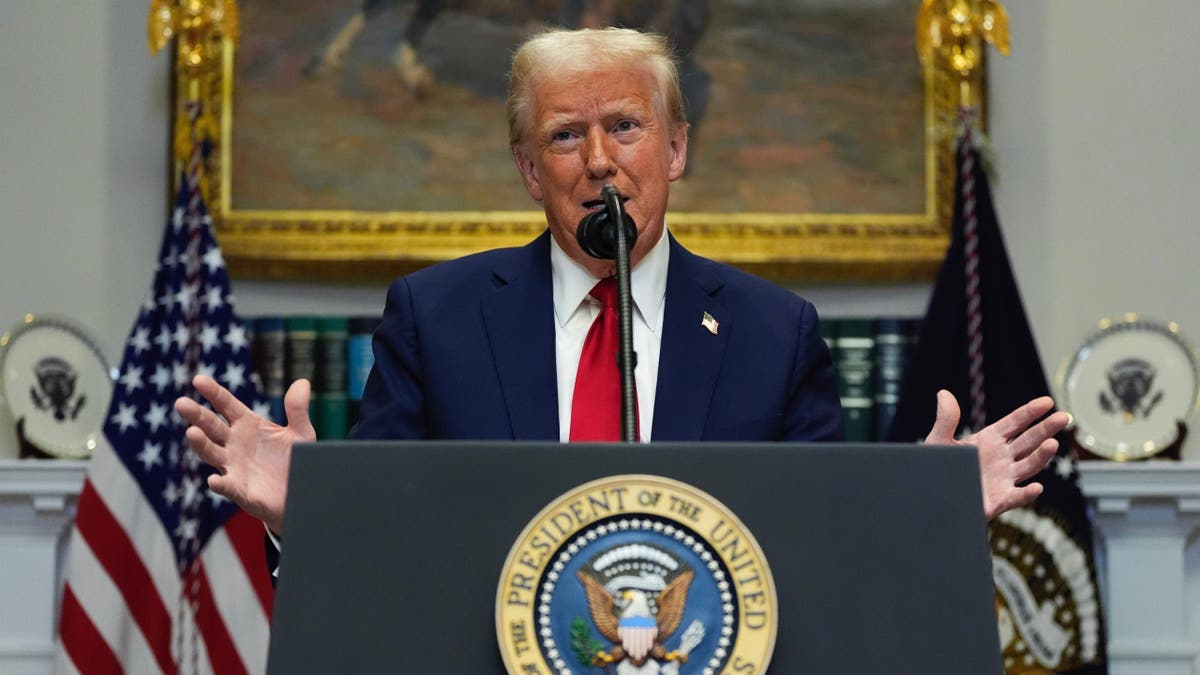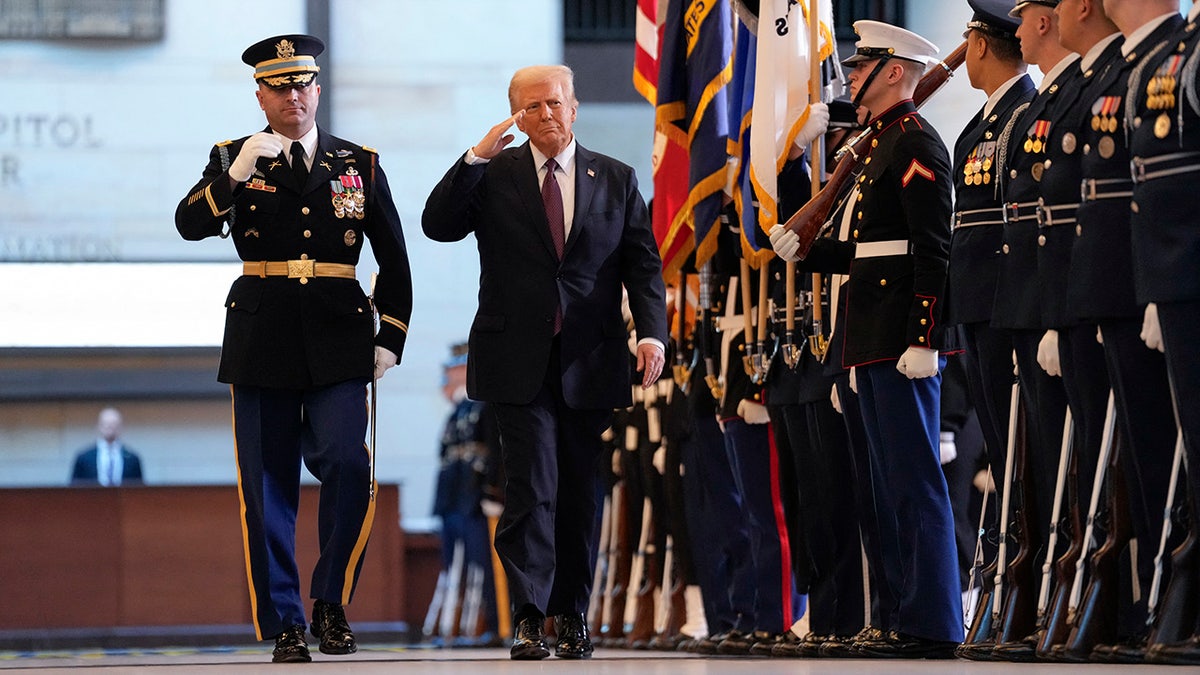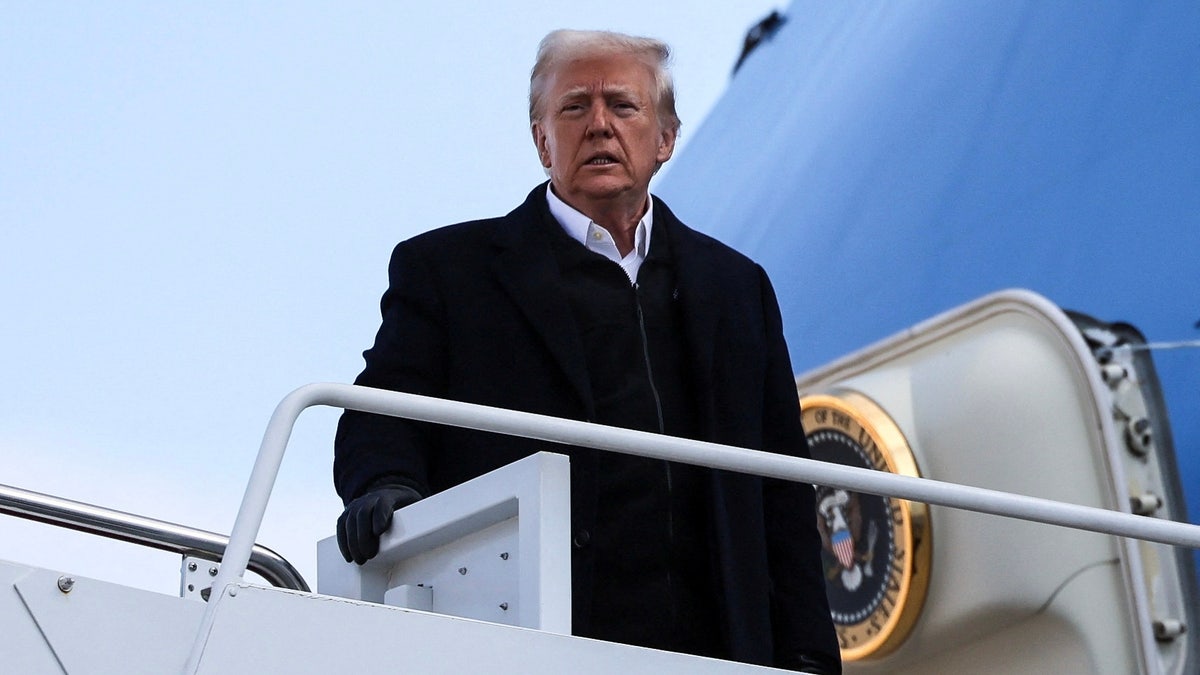Returning to the White House, President Donald Trump wasted no time enacting his agenda. Through executive orders, visits to disaster-stricken areas, and support for his Cabinet nominees, the president's first week was a flurry of activity.
Trump's inauguration speech promised swift change, and his administration immediately delivered. A series of executive orders addressed key campaign promises, demonstrating executive authority and reversing some policies of the previous Biden administration. These included actions on immigration, trade, diversity initiatives, and energy and climate regulations.

One of the most controversial moves was the pardoning or commutation of sentences for approximately 1,500 individuals involved in the January 6th Capitol attack. This decision sparked widespread debate, particularly as it included individuals who had engaged in violence against law enforcement officers.
Beyond pardons, Trump dismissed government officials, announced a significant tech investment, held numerous impromptu press conferences, and even symbolically renamed the Gulf of Mexico. This rapid pace continued throughout the week, with further executive actions solidifying his mark on the government.

Simultaneously, Senate Republicans worked to confirm Trump's Cabinet picks. Early confirmations included Secretary of State Marco Rubio and CIA Director John Ratcliffe, with more expected to follow. Later in the week, the president visited areas affected by hurricanes and wildfires in North Carolina and California, respectively, and suggested potential changes to FEMA.

Further confirmations included Pete Hegseth as Defense Secretary and Kristi Noem as Homeland Security Secretary. Republican strategists praised Trump's decisive actions as fulfilling the public's desire for strong leadership. However, Democratic strategist Joe Caiazzo criticized the impact of these policies on working families and expressed concerns about the rule of law. He argued that the focus should be on economic relief for everyday Americans, not policies that benefit the wealthy.

Trump's rapid pace is partly attributed to his second-term, lame-duck status. With the 2026 midterm elections approaching, the window for enacting his agenda is limited. This urgency contrasts with his first term, benefiting from a more experienced team and intensely loyal staff. White House Chief of Staff Susie Wiles is credited with assembling a highly effective team to support the president's initiatives.

This streamlined decision-making process ensures that the president's directives are implemented efficiently, reflecting the administration's commitment to swift action.
Comments(0)
Top Comments